QuestionHi Tina,
I have a senior cat, around 15 years old, he has had hyperthyroidism for the past 5 years, in which I have been treating with medication. This past August he developed an infection in his mouth to which his eye tooth pierced his lower lip. He was then put on an antibiotic which after 2 doses cleared this up. However the trouble now is that when he eats, he does this thing where he'll get up on his hind feet %26 rub the sides of his mouth with his front paws, it looks like some thing a rabbit would do. Any ideas as to what could be going on? I myself am convinced there is something stuck in his gum tissue or something? Please send any ideas my way, thanks much.
Carmen
AnswerHi Carmen,
Your kitty definitely has something wrong in his mouth - it could be an abscess formed if the antibiotics filed to kill off all of the bacteria and instead they grew in a pocket. It could also be a new problem for example an "FORL" which is a type of lesion that occurs in cats' teeth, unlike a cavity which forms from the outside of the tooth and can be seen, an FORL starts inside the tooth and eats away from the inside out - it is very painful as the nerves inside the pulp are affected. FORLs can only be detected by a dental xray and requires the entire tooth be extracted. It could also be something suck in or between his teeth but that seems less likely unless you have reason to believe he may have eaten something sharp or hard.
Since your kitty has hyperthyroidism and has been on methimazole for 5 years, there is a chance that his heart may be affected, making anesthetic for dental care risker. As an additional note unrelated to the dental issue: Since methimazole only counteracts the thyroid hormone and does not cure the source of the problem - normally a noncancerous tumor of the thyroid - the tumor continues to grow over time and you should have your cat's thyroid hormone levels checked at least every 6 months and adjust his dose as needed. Most cats require increasing doses over time.
You should first check with your regular vet to see if he/she can detect and abscess, which would be treated by more antibiotics - remember you have to give them all to the end of the prescription, even if the problem resolves - or some bacteria will survive and come back stronger.
If there is no abscess, chances are there is a tooth that will need extracting. In that case you may want to consult a specialist if your cat has any heart symptoms from the hyper-T. They will put your cat under anesthetic and take dental xrays, determine which tooth/teeth need removal, and do the extractions and cleaning. While they are doing this you should have them remove the tooth that pierced the lip, so that doesn't happen again.
For older cats, the anesthetic protocol used and the pain medications given are of extra importance. I recommend looking for a vet who will use propofal for induction, because it is a reversible injectable anesthetic - meaning if your cat starts to show signs of heart problems they can reverse the effects and bring him back out. Once they induce him with propofal they will need to use a gas to maintain the anesthesia. The safest one is sevoflurane, but isoflurane would be the next best choice. For pain control, do not allow them to use any NAIDs, which includes Metacam - these drugs are not approved for use in cats even though many vets use them, and they cause kidney damage in cats. In older cats whose kidneys are usually already strained, using Metacam or any NSAID could cause acute kidney failure. Safe pain medications for cats are buprenex or tramadol - both are opioids not NSAIDs.
Good luck, I hope you can get him looked at tomorrow as it sounds like eating is painful for him and older cats can't afford to be off their food.

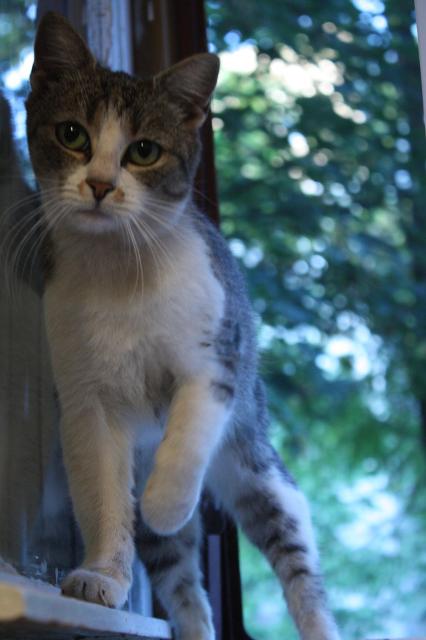 Cat meaowing after spayed
QuestionQUESTION: Hello, I am having a problem with my
Cat meaowing after spayed
QuestionQUESTION: Hello, I am having a problem with my
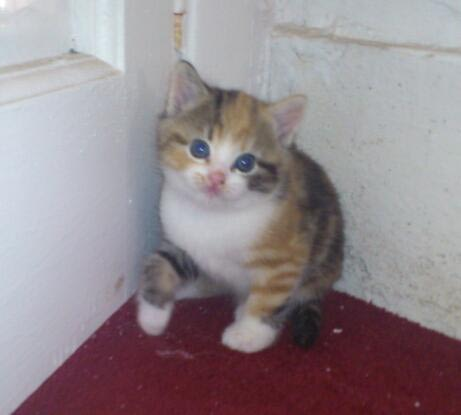 is my male kitten a tortoiseshell?
Question
our wee guy our wee guy
Hi,
I am
is my male kitten a tortoiseshell?
Question
our wee guy our wee guy
Hi,
I am
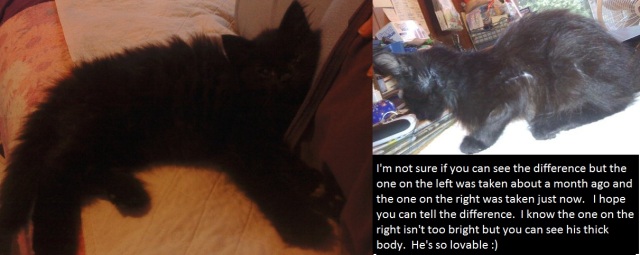 Kitten lossing weight drastically
QuestionTubby before and after
QUESTION: Hello.
Kitten lossing weight drastically
QuestionTubby before and after
QUESTION: Hello.
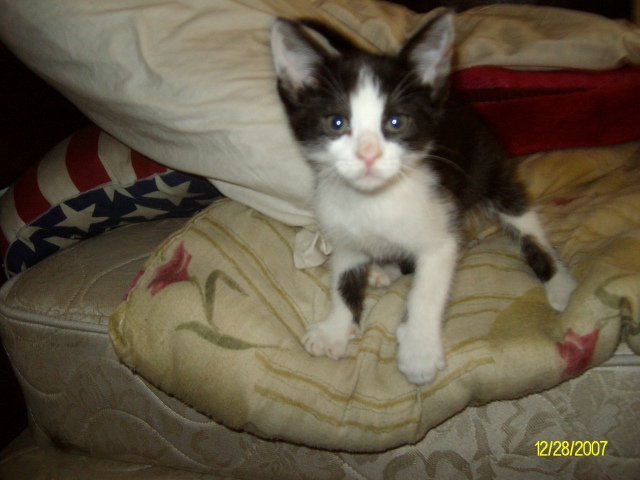 what do i do
Question
this is shadow
i just got a kitten from the lo
what do i do
Question
this is shadow
i just got a kitten from the lo
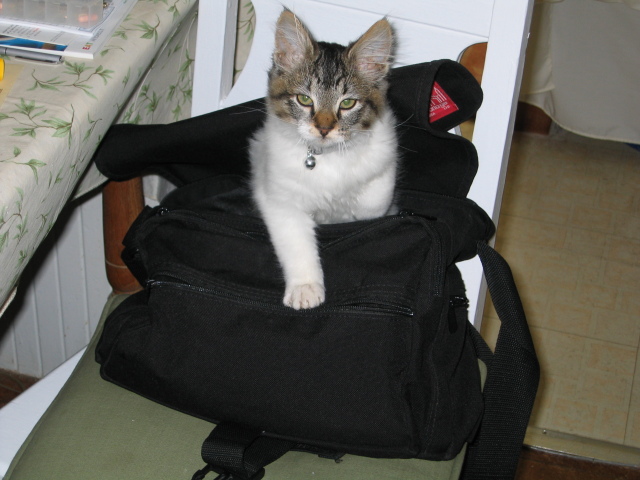 Injured tip of ear / Follow up
QuestionBagBoy
QUESTION: My 7-month-old cat, Har
Injured tip of ear / Follow up
QuestionBagBoy
QUESTION: My 7-month-old cat, Har